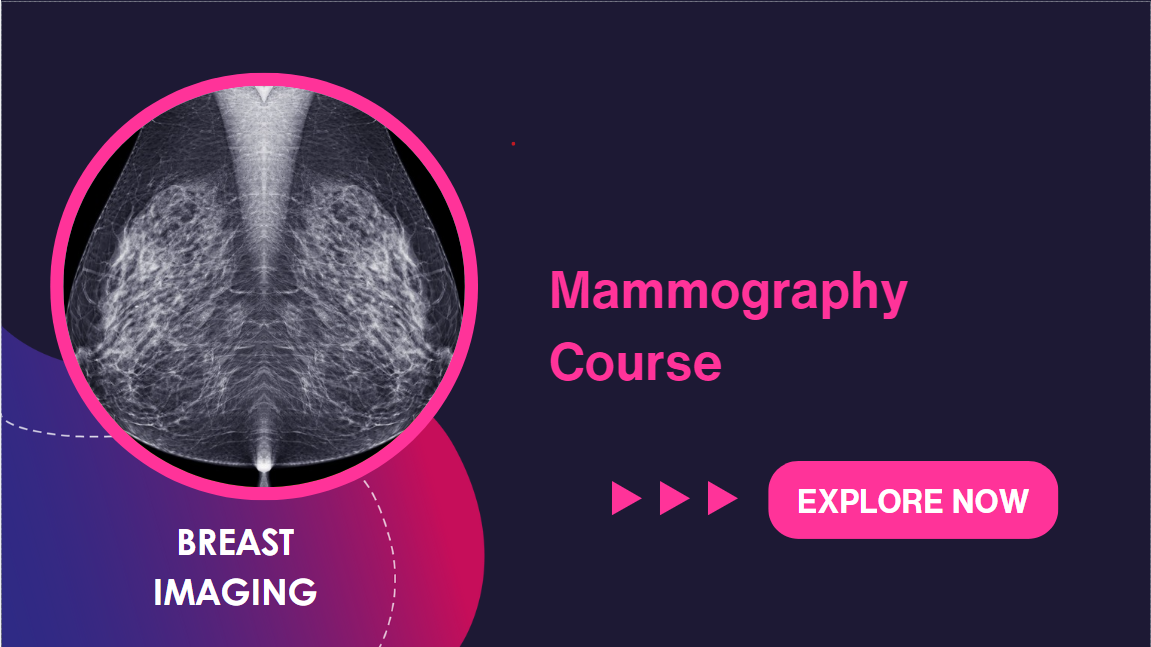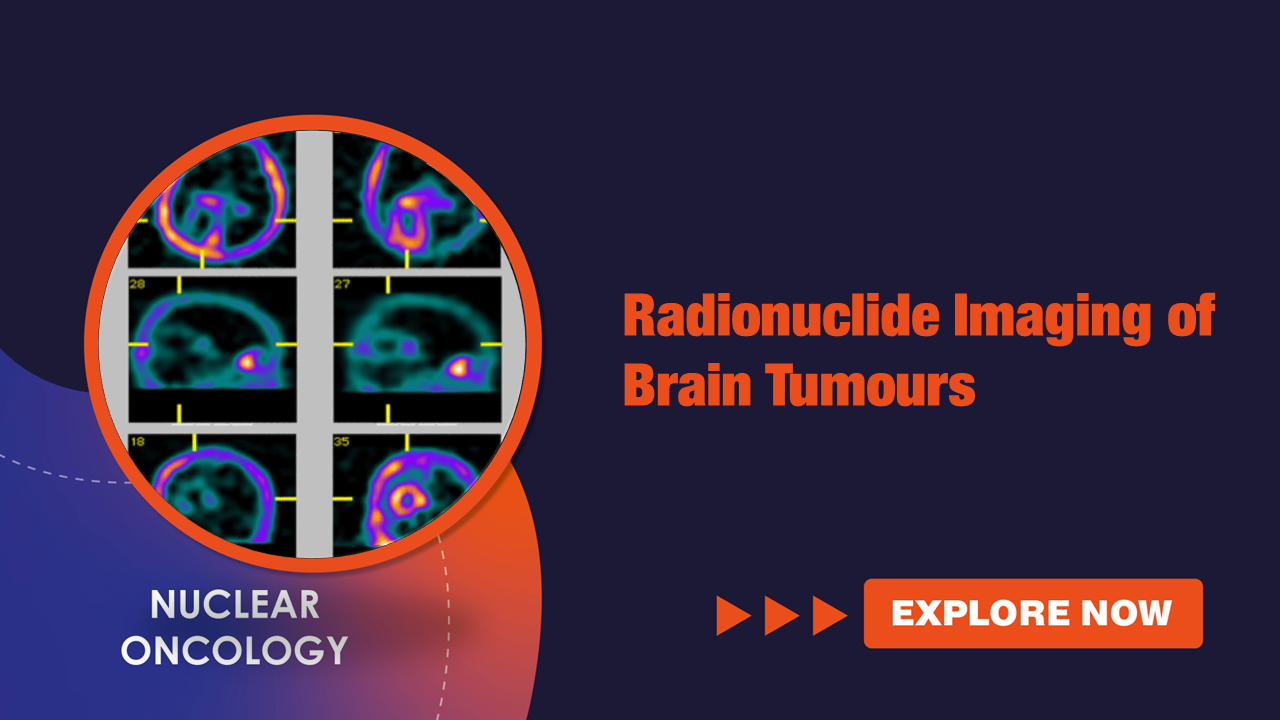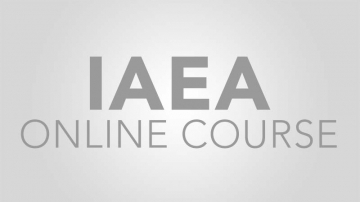
Mammography Course
This comprehensive e-learning course empowers breast imaging health professionals, including radiologists, medical physicists, radiation technologists, postgraduate students, and managers, with essent...

Radionuclide Imaging of Brain Tumours
This e-learning module provides an overview of radionuclide imaging of brain tumours, including relevant teaching cases.

Practice Guidelines for Clinical Applications of SPECT-CT
This eLearning module provides an up to date, evidence-based and comprehensive overview of practical guidelines for SPECT/CT imaging employed for both benign and malignant diseases. On the other hand,...

Protocolos para la Adquisición y Procesamiento de Imágenes Híbridas para Tecnólogos de Medicina Nuclear
Objetivo general: Al final de este curso, el participante podrá sumarizar los fundamentos de los protocolos actuales para el uso apropiado de la adquisición y el procesamiento de estudios de imágenes ...

Nuclear Medicine Physicians Self-Assessment
Nuclear medicine is a rapidly evolving and fast-growing field. It is essential for professionals to keep up to date with dynamic developments to ensure their competencies are maintained. Such continui...

An Atlas of Interesting Nuclear Medicine Cases

Cardiovascular Imaging

Endocrinology - Clinical Imaging

Gastrointestinal and Hepatobilary_Clinical Imaging

Neurological Imaging

Oncology & Infection Imaging

Patient Care, Imaging Techniques, Paediatric Techniques

Pulmonary and Skeletal Imaging

Renal Imaging

Basic Physics, Radiation Protection, Radiation Biology

Guidelines for Radionuclide Therapy

Instrumentation and Introduction to Computers

Introduction to Radiopharmacy and Human Biology

Radioimmunoassay and Non-Imaging Studies

Clinical PET/CT
Establishing a clinical protocolClinical applicationsArtefacts and normal variants Clinical Imaging with 68Ga PET - Radiopharmaceuticals and Therapy

Computed Tomography Principles and Cross Sectional Anatomy
This module contains two topics : CT principles and cross-sectional anatomy.

Introduction to SPECT
This Module will introduce SPECT physics and clinical imaging.It is assumed the participant has a full understanding of basic nuclear medicine applications, radiation safety and other pre-requisites s...

PET/CT principles
Introduction to cyclotrons and radionuclide productionPrinciples of operation for PET/CTRadiation safety for PET

SPECT/CT
It is recommended you are familiar with the basic principles of SPECT and tomographic reconstruction. The necessary coverage can be found in ' Introduction to SPECT - Understanding SPECT' The topics i...

Física Básica, Radioprotección, Biología de las Radiaciones

Guías para la Terapia con Radionucleidos

Instrumentación e Introducción a las Computadoras

Introducción a la Radiofarmacia y Biología Humana

Radioinmunoensayo y Estudios No-Imagenólogicos

